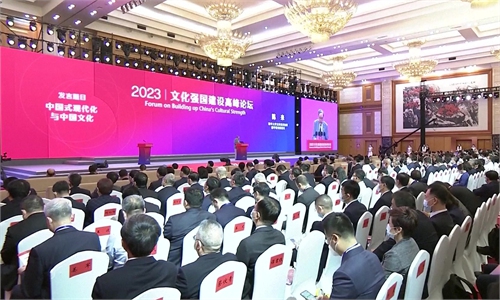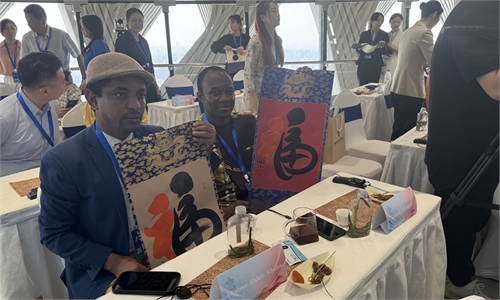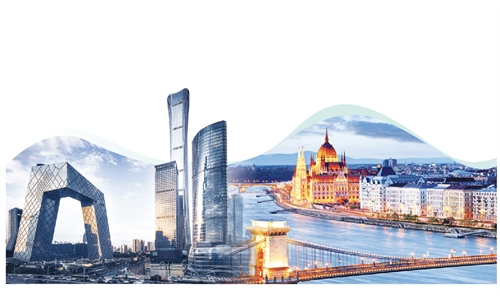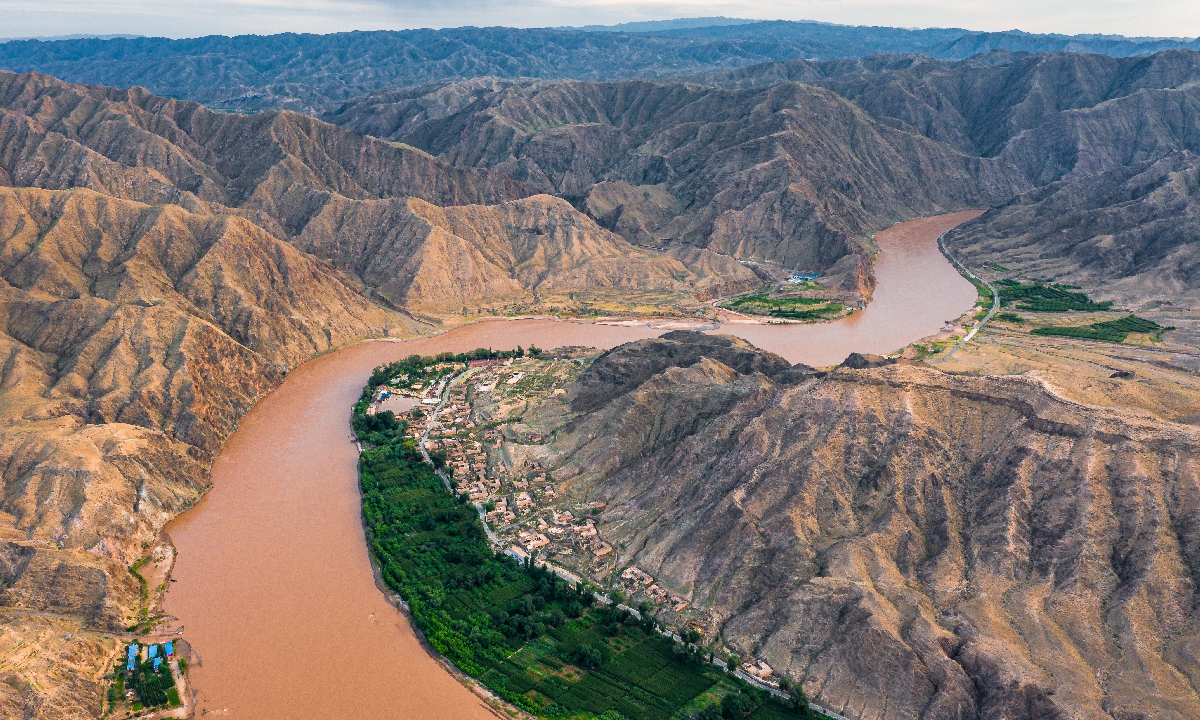
The Yellow River, the "mother river" of the Chinese nation Photo: VCG
The Party School of the CPC Central Committee (National Academy of Governance) recently held a dialogue on traditional Chinese culture and cultural exchanges for officials, experts and deputies from Laos, Sri Lanka, the Republic of the Congo and Algeria.
The 120 foreign representatives and 50 Chinese representatives had in-depth exchanges on topics such as traditional Chinese culture, exchanges and mutual learning among civilizations, cultural inheritance, cultural contribution to economic development, youth cultural understanding and inheritance, and cross-cultural cooperation.
Foreign representatives believed that this meeting would help further understand the excellent Chinese culture and provide a valuable reference for the inheritance and development of their own culture. 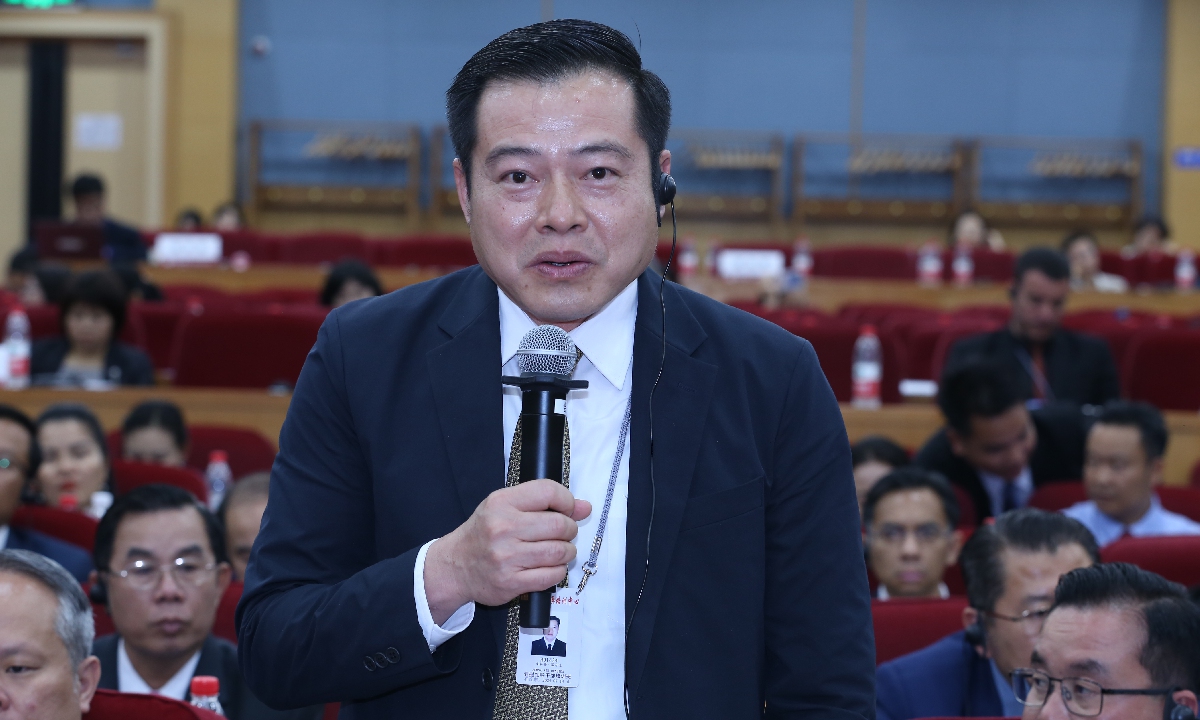
Somsa Ath Ounsida, a member of the Provincial Committee of the Lao People's Revolutionary Party and vice governor of Khammouan
Somsa Ath Ounsida, a member of the Provincial Committee of the Lao People's Revolutionary Party and vice governor of Khammouan, told the Global Times that, "Chinese civilization has made significant contributions to the cause of human progress. While inheriting China's fine traditional culture, China promotes cultural innovation, providing new ideas for the development of human civilization and better promoting dialogue and exchanges between Eastern and Western cultures.
"In today's era of globalization, all countries should uphold the concept of equality, respect each other and coexist harmoniously. The culture of each country and nation is unique and independent, and together constitute the diversity of world culture. Strengthening cultural exchanges is important and crucial to promote the prosperity of the world' culture," he said.
Highlighted thought
Professors from the Party School of the CPC Central Committee made presentations on Xi Jinping Thought on Culture, Promoting Exchanges and Mutual Learning Among Civilizations and The Past and Present of Chinese Fine Traditional Culture.
During their sharing, one professor shared about the background, rich connotation and theoretical characteristics, strategic significance of Xi Jinping Thought on Culture. The dialogue introduced the past of Chinese civilization: origin and characteristics and the present of Chinese civilization: creation and innovation.
Chinese President Xi Jinping, who is also the general secretary of the CPC Central Committee and chairman of the Central Military Commission, has raised a new cultural mission for the nation - to further advance cultural prosperity, build a leading country in culture and foster modern Chinese civilization at a new starting point at a meeting on cultural inheritance and development on June 2, 2023.
"With unwavering cultural confidence, a profound sense of mission and a spirit of relentless endeavor, we must unite our efforts to create a new culture for our times," Xi said.
In the second part, the dialogue focused on promoting exchanges and mutual learning among civilizations with three parts, the background, foster a new concept of civilization featuring equality, mutual learning, dialogue and inclusiveness and contribute Chinese wisdom to promote the prosperity and development of human pluralistic civilization. 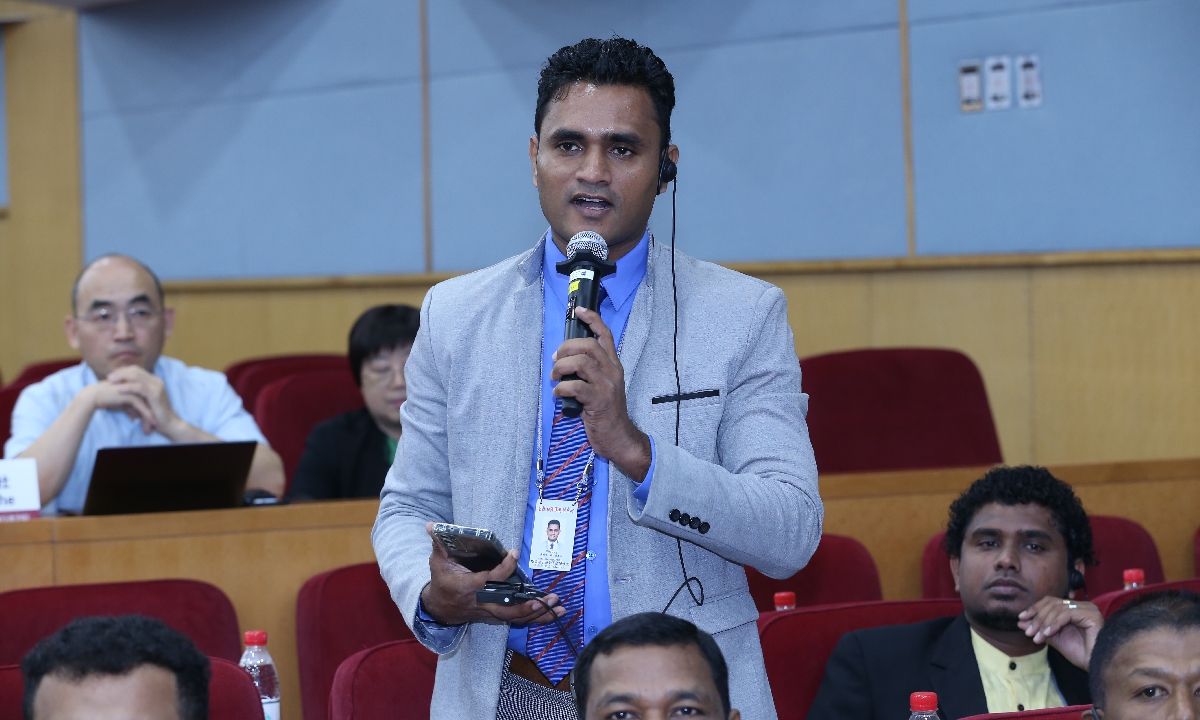
Chaminda Deshapriya Malalasekara, chairman of United National Party Intellectual Forum of Sri Lanka
Valuable experience
Chaminda Deshapriya Malalasekara, chairman of United National Party Intellectual Forum, the ruling party of Sri Lanka, told the Global Times that China not only shows the world the unique charm of China's fine traditional culture, but also spreads the innovative achievements of Chinese contemporary culture to the world, which has strong reference and inspiration for Sri Lanka.
After hearing the dialogue, he said that "I understood the two pillars of us: Confucius and Buddha, they have spread their philosophy all over the world with peace."
Learning from China's experience in blue economy, green economy and digitalization, he would pass this valuable experience to his government as he believed that "it helps us improve ourselves as a small country.
"I hope to have more chances to learn about China's culture. Sri Lanka and China will further strengthen exchanges and promote bilateral prosperity and development. And I can contribute to construction of a community with shared future," he told the Global Times.
China's path of peaceful development and the concept of equality, mutual learning, dialogue and inclusiveness, has inspired Jaures Itoua Wanck Olingou, administer of Ministry of International Cooperation and Promotion of Public-Private Partnership in the Republic of the Congo.
"It not only contributes to the understanding and exchanges between different civilizations, but also has positive significance for regional stability and development," he told the Global Times.
In his view, China's hosting of Conference on Dialogue of Asian Civilizations and the CPC in Dialogue with World Political Parties High-level Meeting and others, has provided the platform for dialogue and exchanges among civilizations, and the Belt and Road Initiatives has set an example for the harmonious coexistence of different civilizations. These are all useful practices for China to promote exchanges and mutual learning among different civilizations.
"They are not only positive for the country's modernization drive. It provides wisdom and enlightenment to solve the common challenges of mankind," he said.

